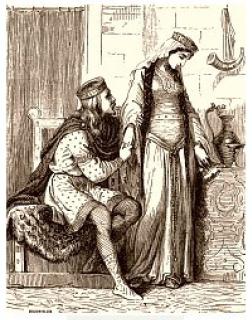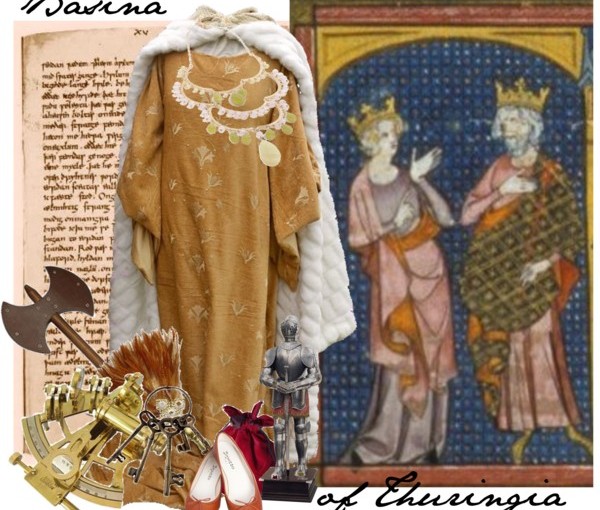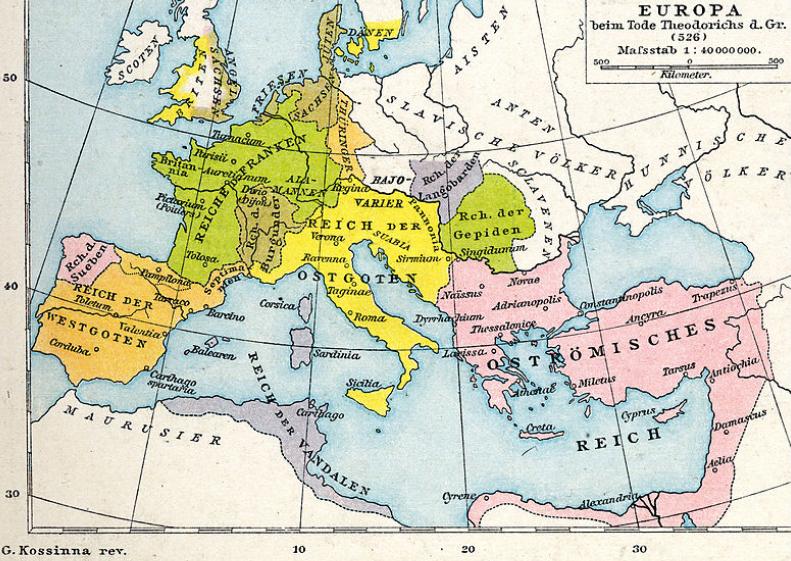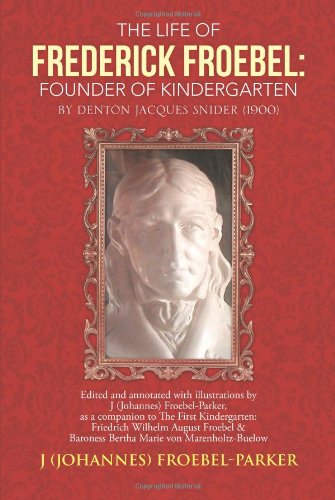Basina of Thuringia is an ancestress of many Frankish noble lines.
Basina was the mother of Clovis, who is remembered as the founder of the Frankish realm and modern France. Clovis is the Latin form of his name, Chlodovech.
Basina was a daughter of the Thuringian king Basin and Basina, a Saxon princess. She is reported to have left her first husband, and proposed marriage to the Frankish king Childeric.

Their daughter Audofleda married the Ostrogoth king, Theodoric the Great. Audofleda’s daughter was Amalasuntha, who ruled as Queen of the Ostrogoths.
A major source for the history of these women is the History of the Franks by Gregory of Tours, a bishop who lived at the same time.
Source: Merovingian Frankish Queens
Through the ages historians have been intrigued by the story of Basina. She was an active participant rather than a bystander, which is not uncommon for the women of the Franks.
Source: Basina of Thuringia – Polyvore





 Ella Wetterhahn, also known at Stella, lives in Albany and is a 93-year-old veteran who served as an Army Nurse in the European Theater during WWII. She has been the subject of two Albany Times Union articles over the years, one in which she was interviewed about her experiences in World War II in which she served her country with conviction and bravery.
Ella Wetterhahn, also known at Stella, lives in Albany and is a 93-year-old veteran who served as an Army Nurse in the European Theater during WWII. She has been the subject of two Albany Times Union articles over the years, one in which she was interviewed about her experiences in World War II in which she served her country with conviction and bravery.



